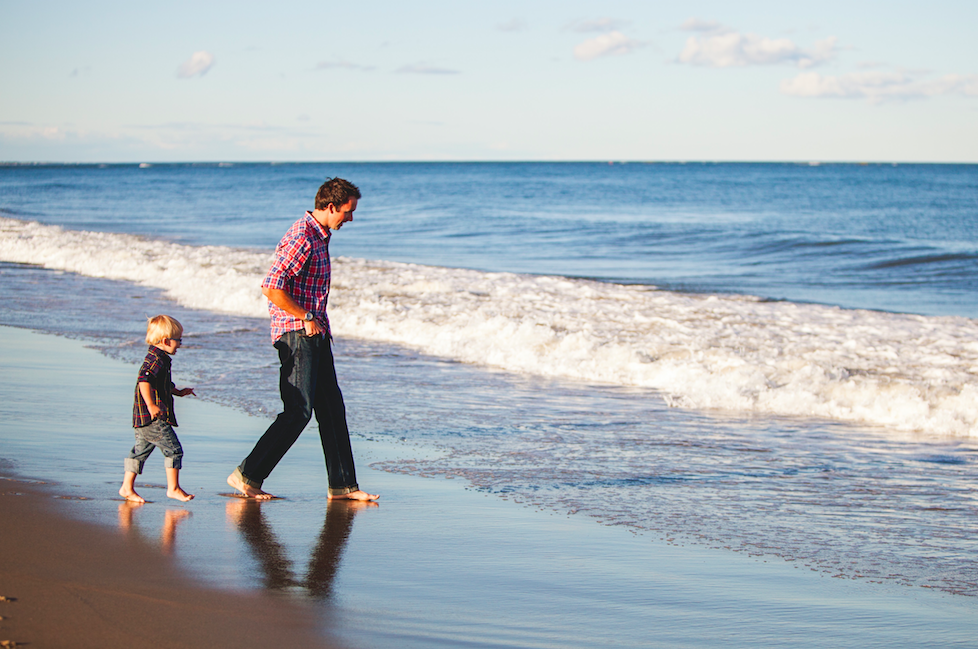
“But kids don’t stay with you if you do it right. It’s the one job where, the better you are, the more surely you won’t be needed in the long run.” –Barbara Kingsolver
How good are you at walking on a tight rope? Yes, I’m talking about parenting. As long as parenting is concerned, as an individual you don’t have the luxury of trial and error because for every error you make you add a scar in your children’s life. Disciplining your children is even more tricky and there is a constant dilemma as to what is appropriate and what is not because what may be appropriate to you might not necessarily be appropriate to your children. Hence as a young parent you constantly ask yourself ‘should I be a strict parent?’, ‘should I be a loving parent?’, ‘should or shouldn’t I be lenient?’, ‘should or shouldn’t I punish them?’, ‘should I give them the freedom?’, and ‘should I be doing this at all?’. Once you get the basics right, you can surely build and establish yourself on it.
To Be: A Strict Parent
It is the most ambiguous term hence most parents go wrong in personifying it. You can be strict to your children, after all you want your children to honour and respect you as much as you want them to love you. Respect and honour should be commended by your children and never be demanded from them and for that you need the right balance of being that friendly yet a strict parent. Be the person that your children will want to obey and not the other way around.
Not To Be: Abusive & Opposing Parents
This is how you strike the balance of being that strict yet friendly parent, most people misunderstand strict to be abusive and against their children at all times. The term strict has a negative connotation attached to it, but by origin it is not. So do not be abusive (any kind), the moment you become abusive you begin to scar your child, rather be assertive.
To Be: Supportive Parent
You can discipline your children by being supportive to them. Your children might be supported by their teachers, friends, siblings, family members and members of their peer group but it cannot be matched with your support system. The assurance that they have your support at all times will keep them from derailing from your track.
Not To Be: Nagging Parent
In the name of discipline do not ever nag your children, it is very tempting and easy to nag them in making them do stuff, however fight and restrain from that temptation. Nagging is a red flag for your children, eventually they will draw themselves away from you. You can do nothing once they withdraw from you, your endless advice will make no sense to them and even if you are providing them the support of your lifetime they will have no regard for it.
Conclusion
I’m sure you’re aware that too much of anything is dangerous, but are you aware that too little of anything is also dangerous? The problem is with the latter, as a parent you tend show too much love and no anger at all and vice versa, but the secret is you have to express your assertiveness, anger, sternness, as much as you express love, kindness, provision, monetary support in appropriate and non-harmful way and the other way around. If you fail to express any one of these things, you are not disciplining your children rather harming them.
